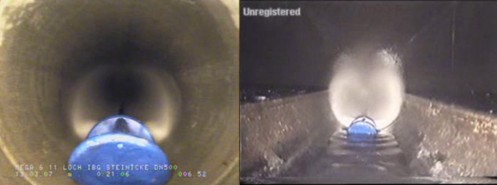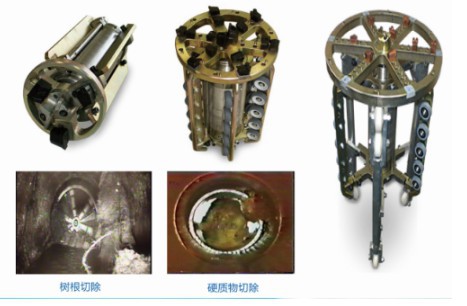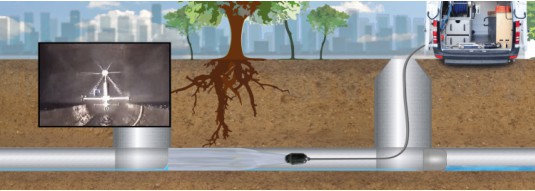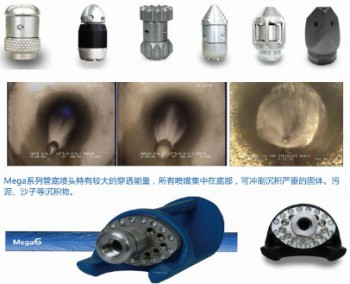1.Description
Cleaning is a vital aspect of the integrity management of pipelines and pipeline networks and is necessary at every stage throughout their lifecycle. Failure to clean your pipeline at regular intervals leads to reduced efficiency and may result in damages that impact its lifecycle.
Efficient pipeline operation is dependent on two fundamental aspects: continuous transportation of the medium and maintenance of the internal diameter to ensure optimal flow of the medium. There are several factors that can seriously impact the efficiency of a pipeline, including:
Buildup of deposits in the line which can cause damage by abrasion or encourage corrosion under deposits
Product contamination
Dirty pipeline surfaces prohibit corrosion inhibitors from being applied consistently
System contamination can complicate the preparatory work necessary to ensure high quality data from an inline inspection (ILI)
Failing to clean your pipeline can dramatically affect the efficiency, safety, and reliability of the entire network. Foreign matter and buildup can damage the integrity of a pipeline, encourage the formation of corrosion and pipe thinning, and will almost certainly reduce throughput.


2.Advantage
Maximizing pipeline uptime and sustaining or even increasing product throughput
Extending asset lifespan
Optimizing maintenance processes
Saving costs by reducing inefficiencies
Ensuring the success of future inline inspections
3.Filed of application
Post Construction Cleaning
Pre-Commissioning
Operational Cleaning
Change of Service Cleaning
Cleaning Prior to Cessation of Production (COP)
Decommissioning Cleaning

4.Process introduction
The first step your sewer maintenance professional should take is to look for drain cleanouts to service the line—this may include performing a camera inspection. At Pipe Spy, we use video technology to get a close look at the underground drains so we can effectively diagnose the issue.
Power snakes are a common tool for cutting, loosening and pushing material downstream to the main sewer. They use different attachment heads for removing solid obstructions in the pipe, such as roots, food build up, and hair. The power snake’s rotating cable has different blade attachments to ensure the right tool for different types of clogs.
Hydrojetters are another tool that employs a high-pressure water technique in order to scour long-term buildup of waste.
To recap, these are the steps you should follow in order to keep a clean sewer pipe:
Attempt to fix the problem with a plunger or eco-friendly cleaner
Turn off the water source (fixture valves)
Schedule a professional inspection
Schedule an appropriate professional sewer pipe cleaning service


